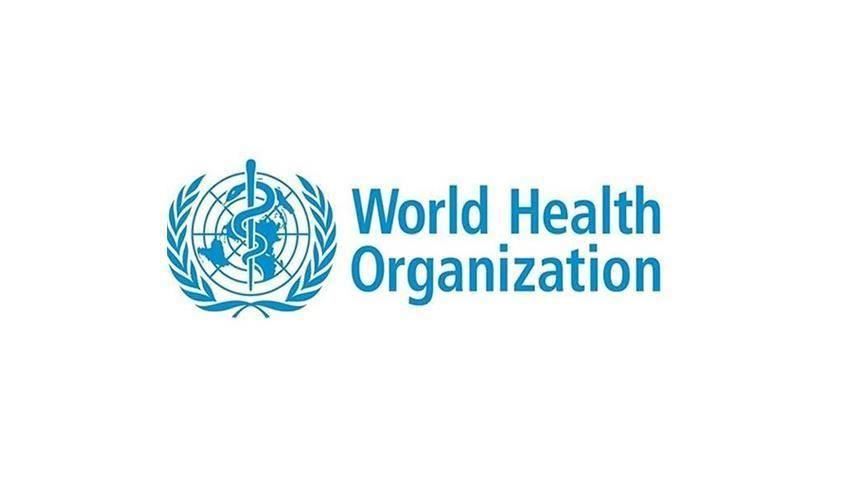
GENEVA
At least 37 countries have signed up to support an initiative aimed at making vaccines, tests, treatments and other health technologies to fight coronavirus and to make it accessible to all.
Known as the COVID-19 Technology Access Pool (C-TAP), it was first proposed in March by Costa Rican President Carlos Alvarado of Costa Rica, who joined World Health Organization’s (WHO) Director-General Dr. Tedros Adhanom Ghebreyesus for the video launch of the initiative.
"The COVID-19 Technology Access Pool will ensure the latest and best science benefits all of humanity," said Alvarado.
"Vaccines, tests, diagnostics, treatments, and other key tools in the coronavirus response must be made universally available as global public goods."
Among nations that have not signed up yet are economic powers, such as China, France, Germany, Japan, Turkey, the UK, and the US.
IFPMA, the Swiss-based umbrella for research-based global pharmaceutical companies, held a video press conference Thursday and said it is working to finding a coronavirus vaccine with its commitment to "deliver safe, quality, effective, and affordable COVID-19 vaccines to all."
Thomas Cueni, the director general of IFPMA, said: "The notion of equitable available and affordable is a truly important one.
"None of us can do this on their own, but we are making progress, and we see it every day," he said, as one of its members hinted at forgoing royalties for a time.
At the launch, Tedros said: "Through C-TAP, we are inviting companies or governments that develop an effective therapeutic to contribute the patent to the Medicines Patent Pool, which would then sub-license the patent to generic manufacturers."
WHO said the technology access pool would be voluntary and based on "social solidarity."
"It will provide a one-stop-shop for scientific knowledge, data, and intellectual property to be shared equitably by the global community," said the organization.
The aim is to accelerate the discovery of vaccines, medicines, and other technologies through open-science research, and to fast-track product development by mobilizing additional manufacturing capacity.
WHO sees such action would help ensure faster and more equitable access to existing and new COVID-19 health products.
Key elements to the initiative include public disclosure of gene sequences and data, along with transparency around the publication of all clinical trial results.
Governments and other funders are encouraged to include clauses in funding agreements with pharmaceutical companies and other innovators about equitable distribution, affordability, and the publication of trial data.
Also, licensing any potential treatment, diagnostic, vaccine, or other health technology will be to the Medicines Patent Pool, a UN-backed public health body.
Countries that signed up so far included Argentina, Bangladesh, Barbados, Belgium, Belize, Brazil, Bhutan, Chile, Costa Rica, Dominican Republic, El Salvador, Ecuador, Egypt, El Salvador, Honduras, Indonesia, Lebanon, Luxembourg, Malaysia, Maldives, Mexico, Mongolia, Mozambique, Norway, Oman, Pakistan, Palau, Panama, Peru, Portugal, Saint Vincent and Grenadines, South Africa, Sudan, The Netherlands, Timor Leste, Uruguay and Zimbabwe.
Anadolu Agency website contains only a portion of the news stories offered to subscribers in the AA News Broadcasting System (HAS), and in summarized form. Please contact us for subscription options.








